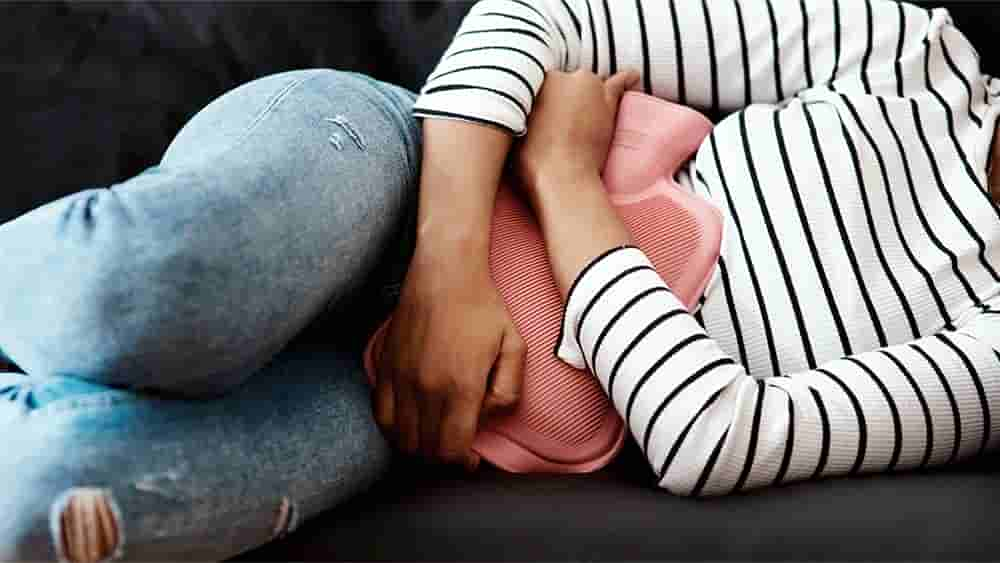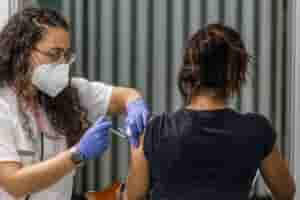The National Institutes of Health (NIH) green has given a go-ahead for a budget to study the impacts of COVID-19 vaccines on women’s menstrual cycle. The amount to fund the study is $1.67 million and will be headed by NIH’s National Institute of Child Health and Human Development (NICHD) and the Office of Research on Women’s Health.
In April, reports appeared in “The Lily” about the possible effects of COVID-19 vaccines on a woman’s reproductive health. The Lily wrote about the experience of 45-year-old Shana Clauson in the report.
Clauson said that after getting the shot, she noticed an irregularity in her monthly period. She had her menstrual cycle earlier than expected, and it seemed to be of a heavier flow than normal. Clauson said she was not alone in experiencing this, as there is a whole Twitter thread about the situation. Women through that thread reported earlier periods, heavier flows, and more painful cramps, New Post reported.
It seems that the NIH caught wind of this issue, so it announced on Aug. 30 that it would embark on research regarding this. It aims to sample up to half a million participants. The sample population will include teens, transgender, and non-binary people. The NIH tapped researchers from Boston University, Harvard Medical School, Johns Hopkins University, Michigan State University, and Oregon Health and Science University to conduct the study.
According to reports, the study will be a year-low and will initially follow unvaccinated people to properly observe the changes after getting a single dose or each dose if they get a vaccine that offers two doses. NICHD Director Diana Bianchi noted, “Our goal is to provide menstruating people with information, mainly as to what to expect, because I think that was the biggest issue: Nobody expected it to affect the menstrual system because the information wasn’t being collected in the early vaccine studies.”

The NIH, however, does not dismiss the possibility that the changes to the menstrual cycle of women who claimed they observed such after getting a vaccine could be because of the stress of lifestyle changes or illness. Further, the immune and reproductive systems are intrinsically linked, so it is possible that the immune-boosting vaccine also caused the disruption or changes in typical menstrual cycles.


